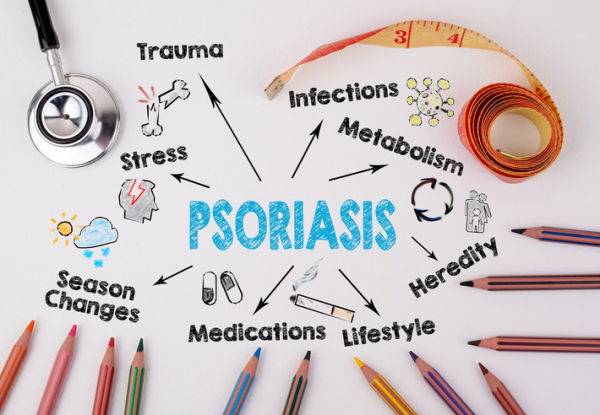Caring for an aging parent? Tips for enjoying holiday meals

The holidays are supposed to be a time of joy and celebration, and the meal is a centerpiece of the occasion. But when you’re a caregiver for an aging parent, the joy can be overshadowed by stress.
Whether you’re observing winter holidays — such as Hanukkah, Christmas, Kwanzaa, or New Year’s Eve — or holidays that fall during another time of year, take steps in advance to ensure that you and your loved one can enjoy the meal together with as little stress as possible. These tips can help.
Consider the dining schedule
Your mom or dad might normally eat at a different time than the planned holiday meal. If the meal times don’t match, give your parent a nutritious snack to stave off hunger, or find out if it’s possible to serve the holiday meal at a time that’s good for your parent. If other festivities are on the docket, consider that timing as well. Your parent likely has a limited amount of energy to spend visiting with others, so allow plenty of time to eat.
Serve your parent easy-to-eat food
Holiday meals often feature special-occasion foods that may be overly rich or hard for your parent to cut, chew, swallow, or keep on a fork or spoon. Talk about this beforehand, if that’s possible. Know which foods your parent should avoid, such as nuts. Serve safer choices in small amounts, and help by cutting up hard-to-eat foods before they come to the table or arrive on a plate.
Another option is serving something simple for your parent to eat that won’t need much supervision and won’t make a mess. Rice or fine pasta with vegetables, pureed beef or fish stew (no bones!), or mashed root vegetables and beans are some examples. If you’re not hosting the holiday event, ask if it’s okay to bring a meal that’s right for your parent.
Remember medicines
If your parent normally takes prescribed drugs at meals, don’t let this holiday be a time to get off schedule. Go over the medication list in advance and set a timer on your phone to remind you of dosing times.
Work in shifts with other guests
Have a conversation ahead of time with other guests who can help. When assisting a parent during a meal, you may not get much of a chance to eat your own food or chat with people at the table. Build in a break by arranging for another guest (perhaps a sibling) to take a turn helping out.
Plan the bathroom break
When you have to go, you have to go. And aging parents, like young children, sometimes need to excuse themselves mid-bite. A bathroom trip before the meal might reduce that risk, but it’s no guarantee. Work out in advance who’s going to assist your parent if nature’s call arrives during the meal.
Keep fluids handy
Make sure your parent is staying hydrated and getting enough fluids before, during, and after the meal. Also, keep an extra glass of water handy, and a straw if necessary, in case your parent is having a hard time swallowing food. Note also that moistened food is easier to swallow, so consider adding a little extra sauce to a parent’s meal.
Watch alcohol intake
While alcohol may be offered at the holiday meal, it doesn’t mean it will be safe for your parent. Alcohol consumption can lead to falls in older adults, and can interfere with medications. Ask your parent’s doctor if a little libation is allowed. such as a half-glass of wine. If not, consider offering your parent non-alcoholic beer, wine, or champagne if they’d like it. And mind your own alcohol intake: while you’re acting as a caregiver you’ll need to stay in control.
Arrange your parent’s exit well in advance
Gatherings can be tiring and stressful for older adults, and your parent might be ready to leave before the holiday meal officially concludes, especially if guests linger. Decide on a realistic exit time and let other guests know about it in advance, so everyone can plan accordingly.
If all goes well, you and your parent will both enjoy the holiday meal and wind up feeling the glow of meaningful family connection, sharing, and love — all of which are great for health.






